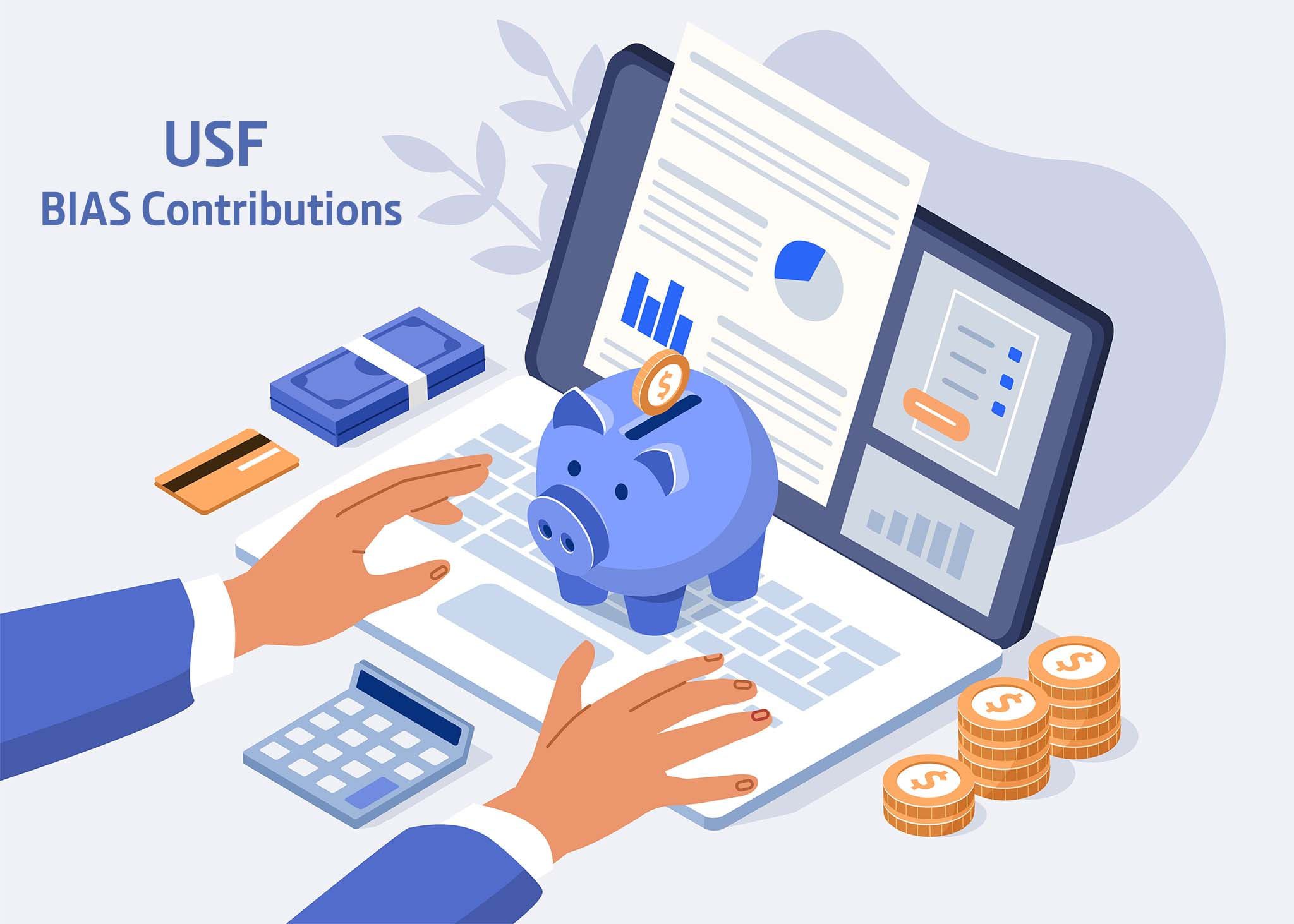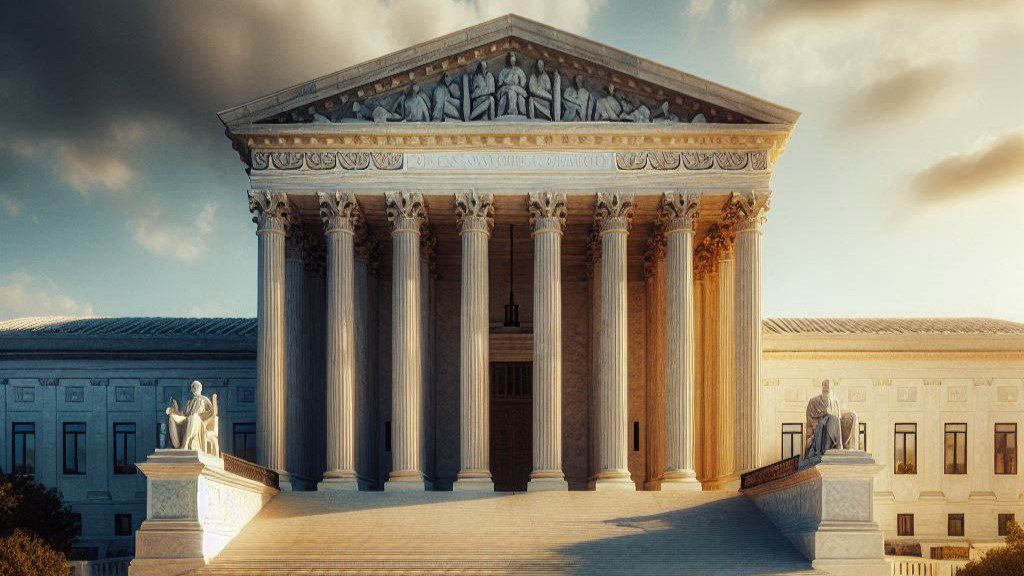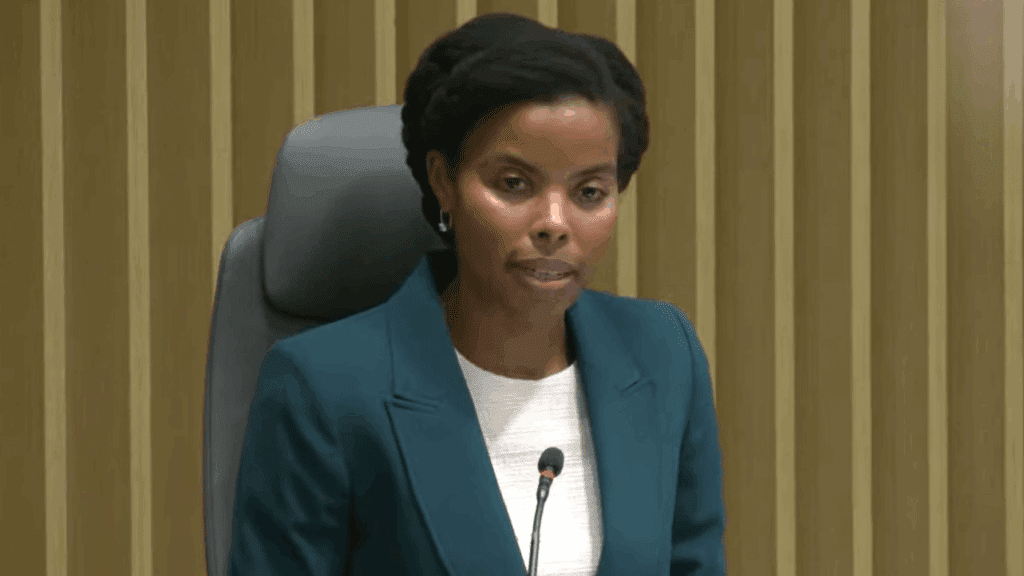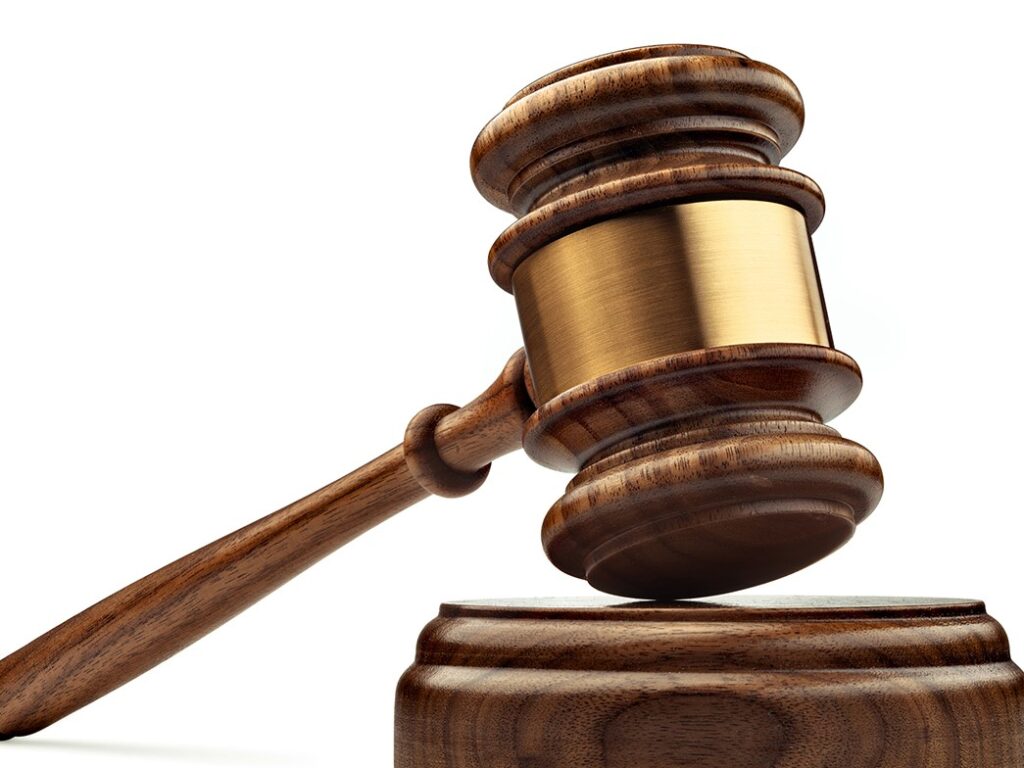USF NOI Could Shift Attention to Contributions Reform
Randy Sukow
|

Yesterday the FCC adopted a Notice of Inquiry (NOI) asking for industry comments on all aspects of the Universal Service Fund (USF). Congress in the recently enacted Infrastructure Act ordered the FCC to complete a report with options for “improving [the] effectiveness” of USF. The NOI asks for assessments of USF programs including the E-Rate, Lifeline and Rural Health Care, but rural telcos hope the issue that attracts significant attention is reform of the current contribution rules.
The federal government funds most of its USF programs through required quarterly contributions from “telecommunications carriers and providers of interstate telecommunications,” including rural telephone companies. Telcos complain that the percentage of their revenues the government charges has been increasing to unsustainable levels in recent years. A potential solution would be to require Broadband internet access services (BIAS) to begin contributing.
The NOI does not go into detail about contributions reform, asking only “whether changes in law are necessary or appropriate to update the system of universal service contributions.” But Commissioner Brendan Carr in a statement (PDF) accompanying the NOI zeroed in on the reform as a top issue.
“This vital program is stuck in a death spiral,” Car said. “The USF program is funded through a mechanism that made sense back in the dial-up and screeching modem days of the 1990s—back when you were far more likely to have a long-distance calling card in your wallet than an email address.”
Carr referred to a study (PDF) concluding that the contribution factor will eventually reach 75 percent of contributors’ income. “That is far in excess of a sustainable figure,” he said. Late last month, a large group of rural telcos and other interested organizations cited a similar, separate study that predicts similarly sharp increases in the contribution factor.
There are several approaches to BIAS contributions, Carr said, such as collecting a share of BIAS digital advertising revenues. “In fact, that idea could eliminate entirely the roughly 30 percent charge that consumers pay today and replace it with a 7 percent charge on Google’s and Facebook’s digital advertising revenues. That would place the USF program on a stable and sustainable funding path,” he said.
The Commission will receive initial comments on the NOI through Jan. 18, 2022. Reply comments are due Jan. 31.


